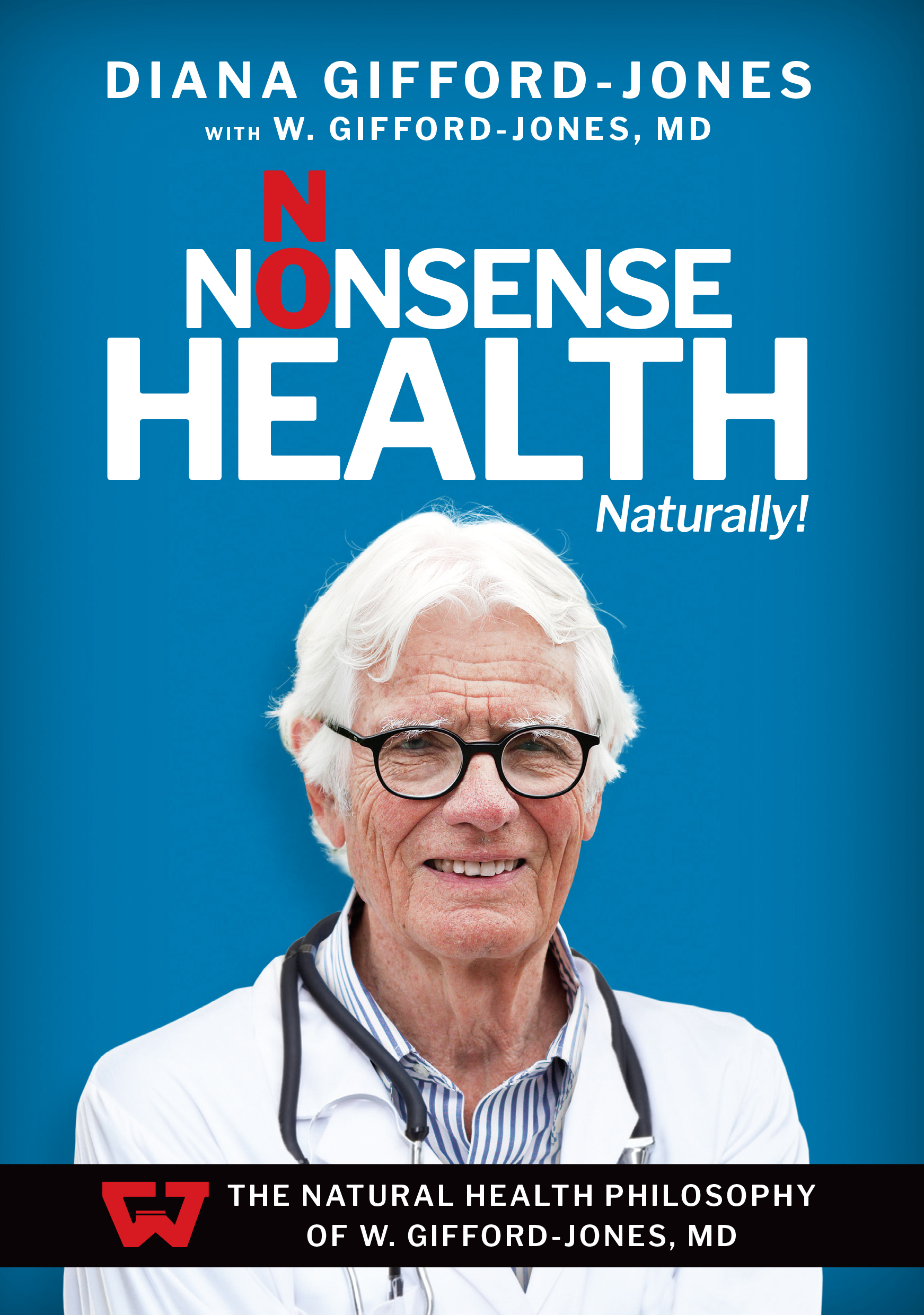Natural Remedies Could Help Finance Pharmacare
31 Aug 2019
It’s soon voting time and politicians will again try buying your votes with freebies. One is universal Pharmacare. England, France, and New Zealand have varying types of free drugs. Canada and the U.S. should have the same. But the U.S. debt is $22 trillion and Canada’s $2.2 trillion. The “Debt Time Clock” shows these debts are increasing by millions every hour. If this doesn’t scare you, nothing will. But could increased use of natural remedies help make Pharmacare more affordable?
The National Pharmacare Advisory Council tells us it will cost $15 billion. But we’re all suffering from chronic amnesia if we do not remember that the costs always balloon when politicians get involved. Pharmacare is not a cheap proposition. Costs will escalate faster than you can pop more pills.
Today, North Americans are already taking more drugs than they need. Free medication will only lead to more questionable prescriptions. Too bad no one is pushing for safe, effective natural remedies as a component of our national strategy.
For example, North Americans want quick cures for heartburn and are prescribed drugs such as Nexium and Prevacid which decrease the stomach’s acidity. In 2011, these drugs racked up sales of $6.2 billion. Will people change bad habits that cause this problem if these pills are free? Or will they put a teaspoon of baking soda in glass of water and drink it slowly to see if it provides relief? Or try ginger and other remedies? I doubt it.
It’s also appalling that 12.7% of people over the age of 12 take antidepressant drugs. Compared to our ancestors who survived in a hostile environment without pills, we’ve become a nation of wimps that need more and more pills, just to get through the day.
Terrible disasters do strike. But rather than build up resilience, the trend is to cave. It’s possible to map crises to surges in the use of antidepressant drugs such as Prozac. This drug works by increasing the amount of serotonin in the circulation. But studies show that sun exposure can increase the amount of serotonin in the circulation by 800 percent in one day and the sun is free!
A new “No Nonsense” book, written with my daughter, Diana Gifford-Jones, explains my natural health philosophy and is available on my website. It shows that many inexpensive, safe, and effective vitamins, minerals and other natural products can treat a variety of common problems without the complications of prescription and over-the-counter drugs. If politicians and everyone else stopped taking unnecessary medications and started letting mother nature back into our lives, we’d be a stronger society.

No Nonsense Health — Naturally!
The Natural Health Philosophy of W. Gifford-Jones, MD
W. Gifford-Jones, MD has influenced complementary and alternative medicine like no other. His greatest impact on health care and on progress in considering, safe, effective, and low-cost natural approaches has been through his medical column that reaches millions of readers across North America. This new book, written from the perspective of his daughter, Diana Gifford-Jones, includes a selection of the best articles by W. Gifford-Jones, MD on topics ranging from natural ways to lower cholesterol to laughter as good medicine.
Click here for more information.
I wish I could say that politicians will stop wasting money in multiple ways and make Pharmacare affordable. But that’s unlikely when election time looms. So the debt clock keeps ticking. Stein’s Law says, “If something can’t go on forever it has to stop. It’s just a matter of when.” And Stein’s Law always wins. If we ignore it, the result will be economic disaster and we will all need more than free medicine.
Good sense demands that drug costs must be mitigated. Some are too expensive for patients and should be subsidized by government. But it should not apply to over-the-counter drugs or routine prescriptions that often make false claims. And governments must learn that safe, inexpensive, natural remedies, tried first, could save millions of dollars.
In our society, no person should go hungry in order to have needed medication. But will free drugs result in longer waiting lists for surgery? Or will there be fewer palliative beds for those in pain? These and other questions must be resolved.


